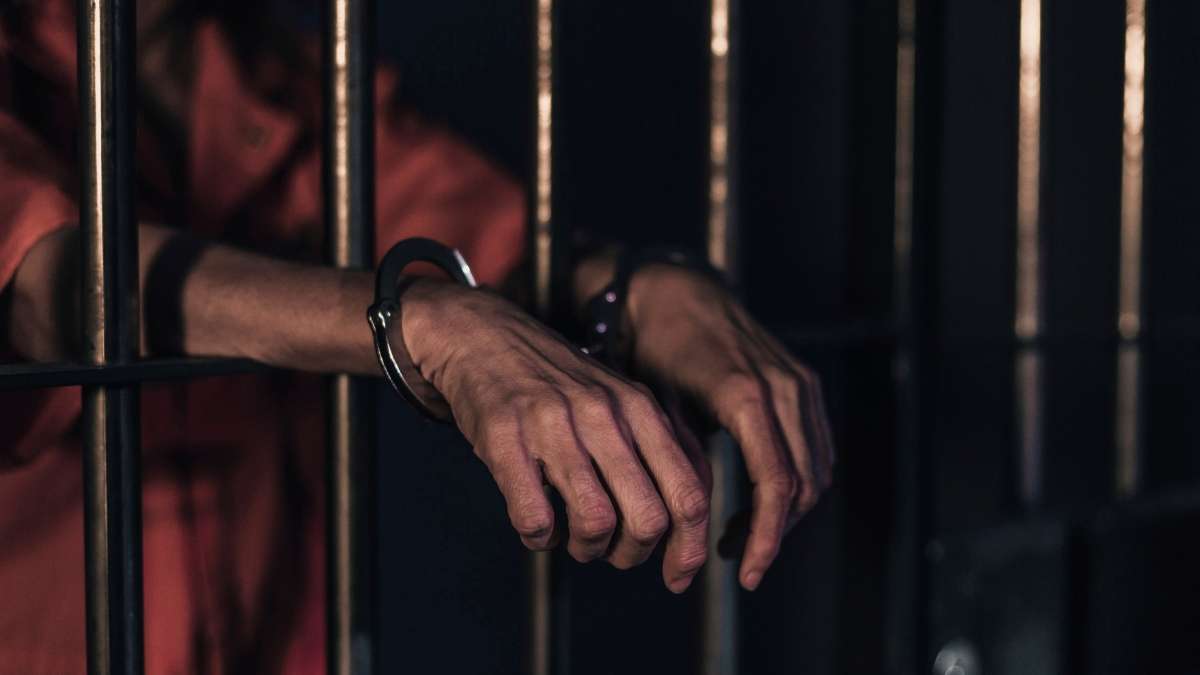The recent income tax raids at BBC offices in Mumbai and Delhi have raised concerns about the freedom of press in India. The United States has made a public statement on this issue, indicating its support for a free press and democracy. This article will explore the raid, its implications, and the US response to it.
On February 14, 2023, the Indian Income Tax (I-T) department conducted a surprise survey operation at the offices of UK-based broadcaster BBC in Delhi and Mumbai. The officials were looking for documents related to the business operations of the company and its Indian arm. The action came weeks after the broadcaster aired a two-part documentary on the 2002 Gujarat riots and India. The Ministry of External Affairs accused BBC of engaging in “anti-India propaganda,” while the BBC said it was “fully cooperating” with authorities.
US Response
State Department Spokesperson Ned Price told the media that the US is aware of the survey operation conducted by the I-T department at the BBC office in Delhi but is not in a position to offer its judgment. “We are aware of the search of the BBC offices in Delhi by Indian tax authorities. I would need to refer you to Indian authorities for the details of this search,” Price said. He further stated that a free press is significant as it contributes to strengthening democracies. “We support the importance of a free press around the world. We continue to highlight the importance of freedom of expression and freedom of religion or belief as human rights that contribute to strengthening democracies around the world. It has strengthened this democracy here in this country. It has strengthened India’s democracy,” Price asserted.
The Implications
India has fallen 10 spots to 150 out of 180 countries in the World Press Freedom Index since 2014. The raid on BBC offices has further raised concerns about the freedom of press in India. The government’s use of emergency powers to block content shows growing intolerance towards dissent, while the raid on BBC offices appears as an attempt to intimidate and stifle criticism.
The US response has been cautious, indicating its awareness of the situation but not offering a judgment. However, the emphasis on the importance of a free press and its role in strengthening democracies is a clear indication of its concerns about the situation in India.
The raid on BBC offices in Delhi and Mumbai has raised concerns about the freedom of press in India. The government’s use of emergency powers to block content reflects growing intolerance towards dissent, while the US response emphasizes the importance of a free press and its role in democracy, showing clear concern for the situation in India. The raid can be seen as an attempt to intimidate the press and stifle voices critical of the government. It is essential for a democracy to have a free and independent press, and any attempt to suppress it is a cause for concern.
